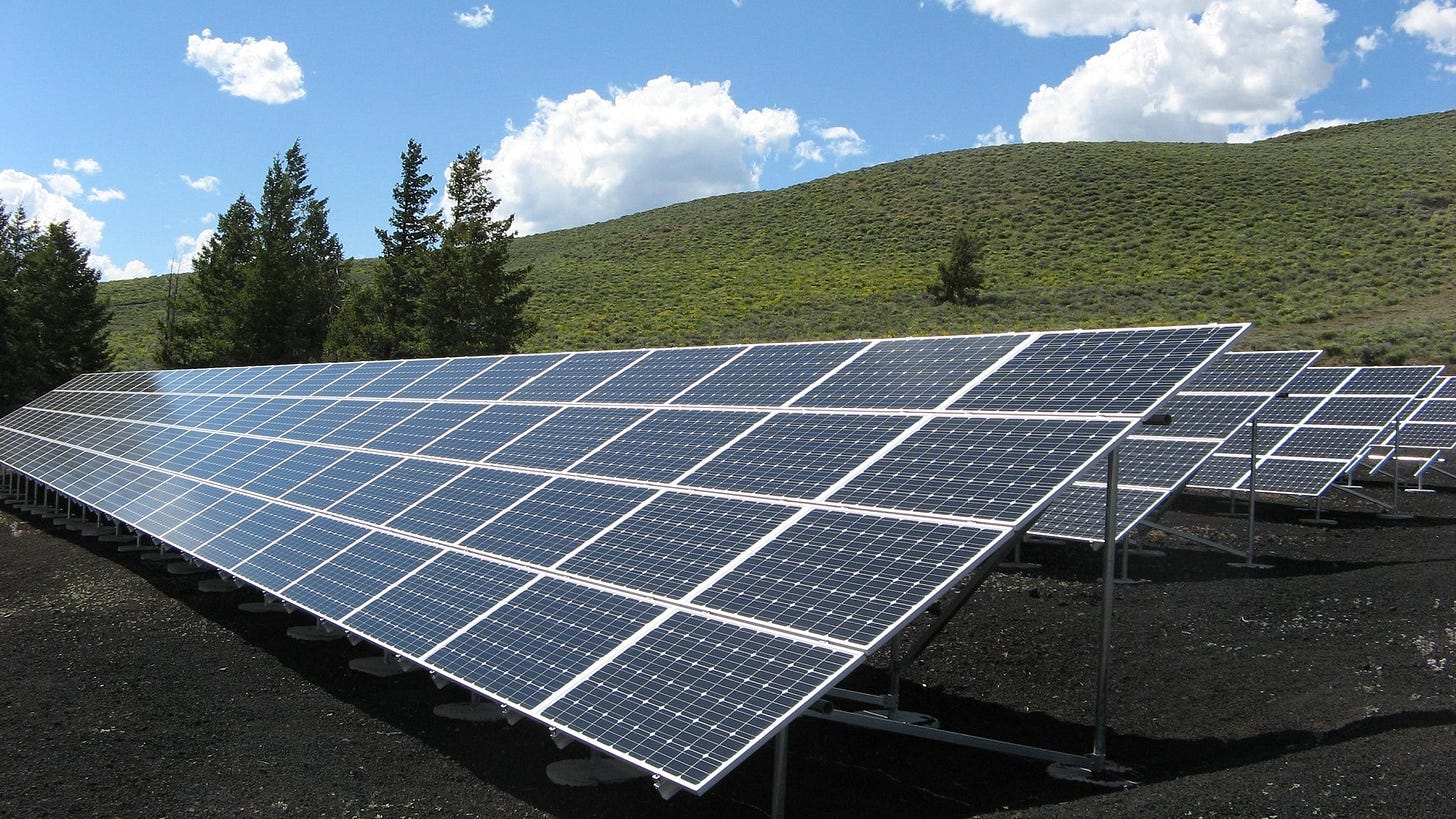Indonesian Minister Says Country Will not Surrender Forests for Solar Energy
According to Indonesia’s energy transition roadmap, solar power will be essential to meet the national electricity demand.
However, despite the country’s enormous solar energy potential, the government said it will not sacrifice its forest assets to accommodate the installation of solar panels.
Speaking online during a G20 renewable energy webinar Energy and Mineral Resources Minister Arifin Tasrif said Indonesia has a variety of renewable energy sources, and up to 89% of the more than 3,600 GW of capacity scattered across the country comes from solar energy.
He emphasised however that other solutions to accommodate the growing solar resources would need to be explored and said: “We have to be careful and not sacrifice our forests for solar panels, because we have to protect (our forests).”
Indonesia’s electricity demand is projected to reach 2,600 TWh, or 7.7 MWh per capita, by 2050. Currently, coal, gas and diesel power plants supply approximately 90% of electricity. The remaining power is drawn from power plants using renewable energy such as biofuel, geothermal, hydro, wind and solar.
With its year-round sunlight, Indonesia has the potential to generate about 640,000 Terawatt-hours (TWh) per year from solar energy. To supply a quotient of that demand the country would require a total capacity of 1,500 gigawatt (GW) of solar photovoltaic power plants which in turn would require about 8,000 square kilometers of land.
An obvious alternative option for the country to avoid destroying forests would be to install solar panels on water as a large segment of these panels can be positioned on lakes and the many sheltered sea locations Indonesia is endowed with.
Minister Arifin Tasrif also pointed out that as an island nation, Indonesia needs to put in place a robust power transmission network to distribute electricity from production centres to consumption centres.
To address that concern he announced that Indonesia plans to develop a super-grid transmission system to ensure access to energy and reduce the gap between renewable energy sources in regions that command high electricity supply.
Indonesia is the world's eighth-biggest carbon emitter and, under the Paris Agreement to tackle global warming, has committed to cut its emissions by in the region of 32% by 2030 and has aspirations to reach net zero by 2060.
#solar #forestassets





